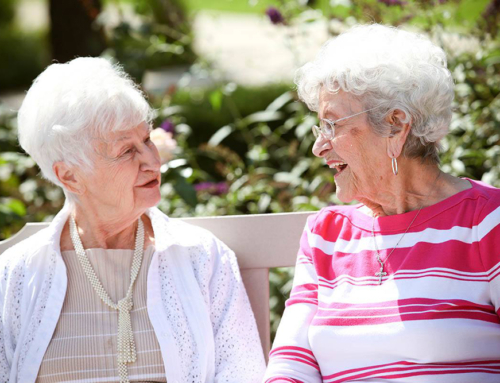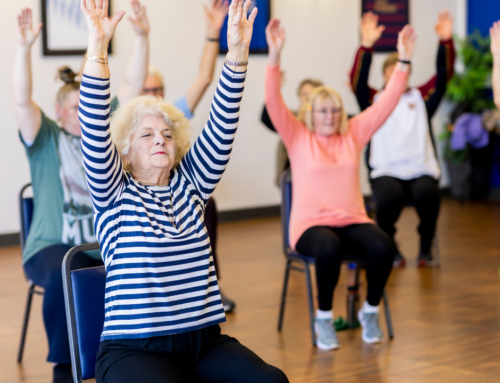It can be hard for grown children in Texas to tell how their elderly parents are doing if they don’t live nearby. The holiday season offers far-flung families a chance to reconvene and get caught up, but it also allows adult children of aging parents to check in and see how they are really doing. Anyone concerned about his or her loved ones’ ability to continue living alone should learn the basics of performing an Activities of Daily Living (ADL) assessment to determine if there’s a need for additional assistance.
What Are ADL Assessments?
An ADL assessment is a tool designed to help evaluate a senior’s functional status. It allows the person performing it to gauge whether his or her loved one can still perform the basic daily activities required to remain safe at home. An ADL assessment can also be a useful guide for determining when it’s time to start looking into assisted living communities.
In most cases, there’s no need to involve professionals and perform a formal assessment. Just learn the basic ADLs and instrumental activities of daily living (IADLs) and try to figure out how well the person is performing.
Basic ADLs
The basic ADLs refer to things that must be performed every day in order for seniors to live alone safely and maintain their health. They can be broken up into six general categories:
- Dressing
- Feeding
- Toileting
- Continence
- Personal hygiene
- Ambulation and mobility
If an elderly parent who lives alone is having trouble with any of these basic activities, it’s well past time to start discussing appropriate senior living situations. If a senior cannot perform basic activities like obtaining, cooking, and eating food, getting around the house, or going to the bathroom without assistance, it’s not safe for that person to live alone without a caregiver or an aide. In most cases, moving to a retirement community is a better option than hiring home care services.
IADLs and Functional Status
While the basic ADLs cover activities that must be performed daily to maintain good health and personal safety, the IADLs measure a senior’s ability to perform some of the more complex tasks required to maintain total independence. The Brody IADL Scale offers adult children who are concerned about their parents’ potentially failing cognitive or physical abilities a means of more closely examining and quantifying functional levels. It covers tasks related to:
- Communication
- Meal planning
- Transportation
- Shopping for essential goods
- Medication management
- Maintaining finances
- Completing housework
Seniors that perform well in terms of basic ADLs but have a hard time meeting the higher standards set forth by the IADL scale may still need some extra help. Their adult children can help by setting up a care plan with other family members and friends or the help of a professional home care agency that covers who will drive seniors to appointments, help with shopping, manage finances, and keep the house in order.
In many cases, seniors who need a little extra assistance are better off moving to independent living communities. They’ll be able to maintain private apartments and all the independence they want but will have access to housekeeping services, nutritious meals, transportation to doctor’s appointments, help with medication management, and other basic services that can help them thrive. Seniors who move to independent living communities often report feeling less isolated and having a higher quality of life compared to those that live at home alone, so it’s worth bringing up this option.
Additional Warning Signs to Look For
It’s not always easy to figure out how well a senior is managing finances, communication, or transportation on a quick visit home. Visiting family members who don’t want to ask their loved ones about these aspects of their lives directly can look for warning signs like piles of unopened mail, empty cabinets, damaged vehicles, and increased physical frailty. If a senior seems to be going downhill, it’s always best to schedule a professional evaluation as early on as possible.
Getting Ready to Make the Move
It can be hard talking to aging parents about moving out of their homes, but having a better alternative in mind can help. Villa de San Antonio is a fantastic option for independent seniors who just need a little extra help to continue to thrive. Each resident will have plenty of options when it comes to living arrangements and access to housekeeping, transportation, all-day dining, and other essential amenities in a beautiful, comfortable, and safe environment. Browse our website to learn more about what our community has to offer or call (210) 558-7600 to schedule a tour.






